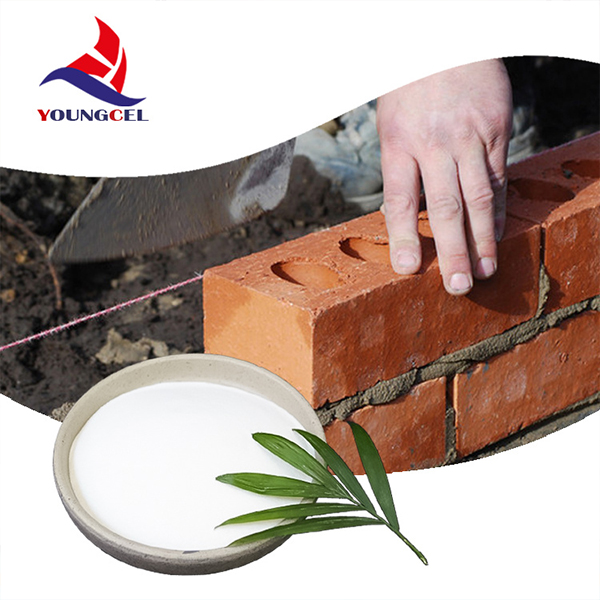HPMC Industrial Grade An Overview of Its Applications and Benefits
Hydroxypropyl Methylcellulose (HPMC) has emerged as a significant substance in various industrial applications due to its unique properties. As a non-ionic cellulose ether, HPMC is widely recognized for its high viscosity, film-forming capability, and excellent stability under different pH conditions. Its versatility makes it an invaluable ingredient across various industries, including construction, pharmaceuticals, food, and personal care.
Applications of HPMC in Various Industries
In the construction sector, HPMC is predominantly used as a thickening and water-retaining agent in cement-based materials. Its ability to improve the workability and adhesion of mortars, tile adhesives, and self-leveling compounds enhances the application process immensely. The addition of HPMC to building materials ensures better performance during mixing and application, allowing for extended open times and improved bonding with substrates.
In the pharmaceutical industry, HPMC serves multiple roles. It is commonly used as a binder in tablet formulations, where it aids in ensuring uniform distribution and controlled release of active ingredients. Additionally, its properties are leveraged in the formulation of controlled-release capsules, where HPMC assists in the formation of a gel layer that regulates the release of drugs. HPMC's non-toxic nature and compatibility with various formulations also make it a preferred choice for excipients in pharmaceutical products.
hpmc industri grade

In the food industry, HPMC is utilized as a food additive, classified as E464. It functions as a thickener, emulsifier, and stabilizer, improving the texture and viscosity of numerous food products. From sauces and dressings to ice cream and baked goods, HPMC enhances mouthfeel and maintains product quality. Its use in vegetarian and vegan food products has also gained traction, as it provides a plant-based alternative to traditional ingredients like gelatin.
The personal care industry benefits from HPMC's film-forming and stabilizing properties in the formulation of various cosmetic products. It is commonly found in lotions, creams, shampoos, and conditioners, where it contributes to a smooth application and enhances product stability. HPMC is particularly valued in hair care products, where it helps in providing a non-greasy feel while offering conditioning benefits.
Environmental Considerations and Safety
As industries are increasingly focusing on sustainability, HPMC stands out as an eco-friendly solution. Derived from natural cellulose, HPMC is biodegradable and poses minimal harm to the environment. Additionally, its non-toxic and hypoallergenic nature makes it safe for a wide range of applications, especially in products that come in contact with the skin or are ingested.
In conclusion, HPMC industrial grade is a multifaceted compound that plays a crucial role across various sectors. Its unique properties offer significant advantages in formulation and application processes, making it an indispensable ingredient in the modern industrial landscape. As industries continue to innovate and prioritize sustainability, the demand for HPMC is likely to grow, underscoring its relevance in future applications. Whether in construction, pharmaceuticals, food, or personal care, HPMC remains a cornerstone ingredient that contributes to enhanced performance, safety, and sustainability.
-
Rdp Powder: Key Considerations for Wholesalers in the Building Materials IndustryNewsJul.08,2025
-
Key Considerations for Wholesalers: Navigating the World of Hpmc - Based ProductsNewsJul.08,2025
-
Hpmc Detergent: Key Considerations for WholesalersNewsJul.08,2025
-
Key Considerations for Wholesalers: China Hpmc For Tile Adhesive, Coating Additives, Concrete Additives, and MoreNewsJul.08,2025
-
Crucial Considerations for Wholesalers: Navigating the World of Construction MaterialsNewsJul.08,2025
-
Key Considerations for Wholesalers Sourcing Additive For Cement, Additive For Concrete, Additive For Putty from Additive Manufacturer Shijiazhuang Gaocheng District Yongfeng Cellulose Co., Ltd.NewsJul.08,2025




